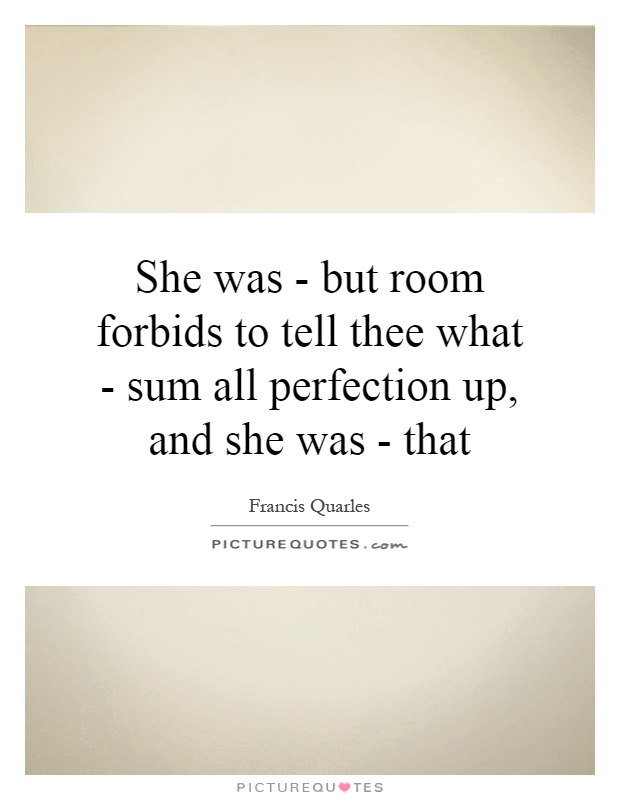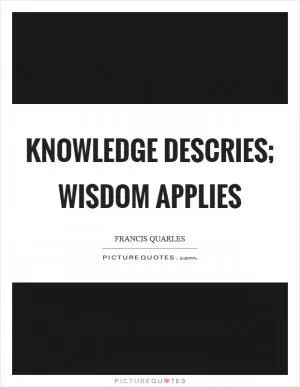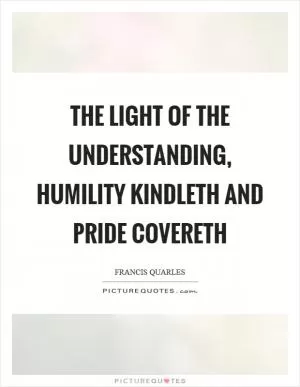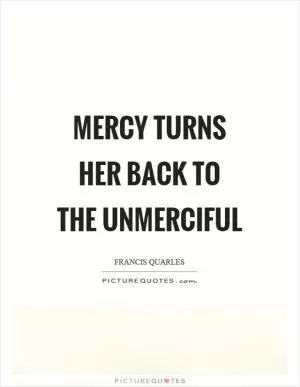She was - but room forbids to tell thee what - sum all perfection up, and she was - that

She was - but room forbids to tell thee what - sum all perfection up, and she was - that
Francis Quarles was a 17th-century English poet known for his religious and moralistic works. In his poem "She was - but room forbids to tell thee what - sum all perfection up, and she was - that," Quarles captures the essence of a woman who embodies perfection in every way.The phrase "She was - but room forbids to tell thee what" suggests that the woman in question possesses qualities that are beyond words. Quarles is implying that there are no words in the English language that can adequately describe the perfection of this woman. Her beauty, grace, and charm are so extraordinary that they defy description.
When Quarles writes, "sum all perfection up, and she was - that," he is emphasizing that this woman is the epitome of perfection. She is the embodiment of all that is good, beautiful, and virtuous. She is the standard by which all other women should be judged.












 Friendship Quotes
Friendship Quotes Love Quotes
Love Quotes Life Quotes
Life Quotes Funny Quotes
Funny Quotes Motivational Quotes
Motivational Quotes Inspirational Quotes
Inspirational Quotes